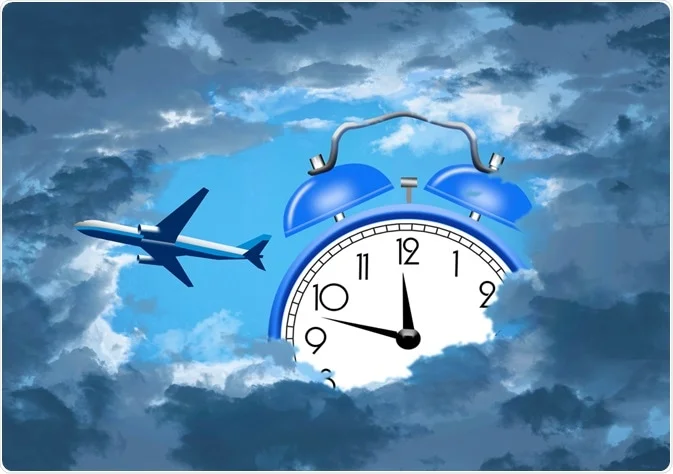
What Is Jet Lag?
If you are studying abroad, then there is a decent chance that you will have to get over jet lag. Jet lag, as defined as defined by the Oxford Dictionary is “extreme tiredness and other physical effects felt by a person after a long flight across different time zones.” Finding a way to get over this and adjust to the new time zone that you are traveling to is crucial to becoming acclimated to your new environment.
Tricking Your Mind
There were a few things that helped me as I prepared to travel to an area of the world that was 7 hours ahead of my usual time zone. One of those was forcing my mind to think in terms of the new time zone. I brought a watch with me that I could manually set the time on. When I arrived at my departing airport, I set the time on it to the time zone I would be living in for the next few weeks (although I did keep my phone synced with my local time zone to make sure I did not miss my flight). This helped get my mind off what time it was back home and focus on what time it was where I would be living and when I should be feeling tired.
After I set my watch to the destination time zone, I made sure to only sleep on flights if it was nighttime where I was traveling to. Although I find it difficult to sleep on planes and did not stay asleep for extended periods of time, it did help me more so than if I had otherwise not done this.
Sleeping Aid
On the note of sleeping on planes, if you also find it difficult, one thing that may help you is taking Melatonin or a natural sleeping aid like Sleepy Time Tea before a flight that you want to sleep on (Normally one that is overnight and longer than 6 hours). It may not be best to do this if you have never taken sleeping aid before or have had adverse effects from it in the past. However, if this is something you are comfortable with doing, it can be a great way to lessen the effects of Jet Lag. For more information on taking Melatonin before a plane ride, this Well+Good article has information covering additional considerations.
Avoiding the Siesta

A crucial temptation to avoid when you first arrive is the desire to take a nap if it is not nighttime. While you will be tired from the flight and want to rest, it is best to stay awake until it is a reasonable time to go to bed. If you do not do this, then you will just be extending your jet lag. If you wait and crash at the end of your first day, your body will more quickly become adjusted.
Drinking coffee or another caffeinated drink is a great way to help you get through the day if you are finding it difficult to stay awake. Just be sure that you do not consume caffeine if you are less than 8 hours away from when you intend to sleep. This Timeshifter article covers the ins and outs of consuming caffeine smartly more in depth if you are interested in reading more about it!
Conclusion
There are a number of ways to help alleviate the duration and effect of jet lag, these are just a few things that helped me. Mayo clinic has an article on the matter for further reading if interested here!
